3 Keys to Overcome Email Overload – Part 6d: Ineffective communication
This is the 11th in a series of blog posts designed to help you recognise the profound and far-reaching impact email overload has in your life and offer solutions to help you overcome the challenges it presents.
There are 7 Critical Impacts of Information & Email Overload.
Looking beyond the impact on individuals outlined in previous posts, one can also see the ‘knock on’ effect that information overload has on the many aspects of an organisation and some of its more critical processes. The fourth of these is; Ineffective Communication.
E–mail has become a vital communication tool and the default means of communication for most workers but its value has been compromised by overload. Almost everything that transpires in an organisation will have gone through an in-box at some stage.
As a result, any bottleneck at this point has repercussions throughout an organisation, just like a pebble dropped into a pond. A decade ago, e-mail guaranteed a next day response. Today, because of the huge volumes being communicated, it is a game of chance: will your urgent message be answered today? Tomorrow? Next week? Ever?
Effective communication via e-mail cannot be guaranteed. Any lack of response breeds ambiguity, since it is unknown whether the message was deliberately ignored, not yet opened, filtered away by some rule, left for a later response, or simply remains unnoticed amongst a plethora of other messages in the in-box.
In fact, these days we see a new phenomena called the ‘now or never syndrome’. Your email will tend to be answered either virtually immediately (when its interruptive arrival grabs the recipient’s attention) or almost never (if they don’t get it straight away, when will they ever get to it?).
What this means is . . .

This all results in a broken chain of communication as tasks and projects are put on hold awaiting decisions or information. It slows down decision-making. There’s a lack of clarity and direction. Understanding and trust between colleagues erodes, and teams already challenged by the limitations imposed by their geographical dispersion are particularly stymied by these breakdowns.
We then tend to become highly reactive to e-mail and little else of real value gets done. We stay back late or come in early just to ‘catch up’ with e-mail, and especially so for those who work with colleagues across the country or around the world the world in different time zones.
So, what can do you about it?
Here are a just 3 ideas to help reduce impact of email overload as it relates to effective communication
Have a well understood policy around expected response times when sending email (eg: 2 hours or 4 hours or same day – whatever works, as long as it agreed and understood)
Ensure that there is NOT an expectation that email will be used for urgent communication - identify an alternate channel for urgent messages (eg: phone)
Ensure that there is NOT an expectation that email will be used for complex messages – agree that a verbal conversation (face-to-face or phone) is a more appropriate way to discuss complex issues (even if they might then have to be followed up with a confirming email. That email will be much briefer and more easily understood AFTER a verbal conversation.
Why this blog?
Email is the #1 productivity killer - many say it’s the single biggest waste of time in the modern workplace. It occupies 2.6 hours a day, but 25% of this time is unproductive. And volumes are increasing, despite the rise and rise of social media and other collaborative tools. More and more, email has taken over your day, your week, your work, your life! This series of ezines is designed to help you recognise the profound and far-reaching impact email overload has in your life and offer solutions to help you overcome the challenges it presents. The aim is to restore email to its rightful place as a facilitator of improved productivity, so that you are the master and it is the slave (rather than the other way round).
The next blog post will look at the impact of information & email overload on your mental health and well-being.
All the best!

